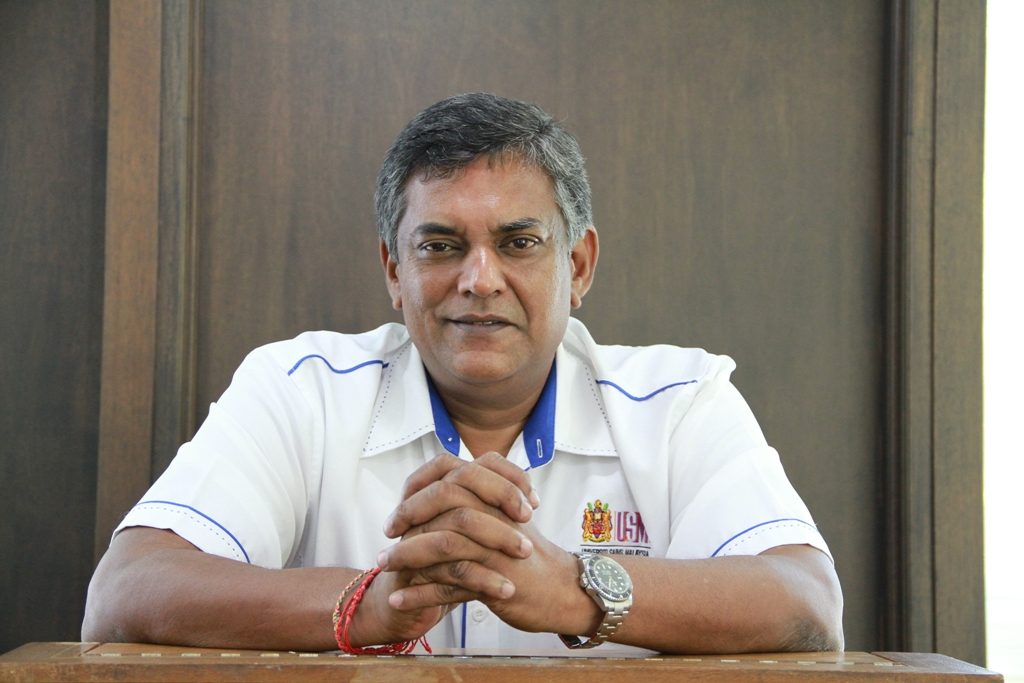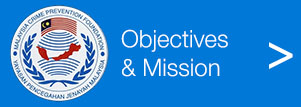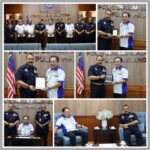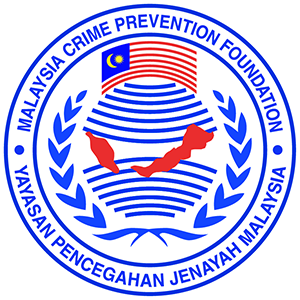
Malaysia continues to be recognised as one of the safest countries in Southeast Asia and enjoys a relatively stable public security environment.
According to the Global Peace Index and various crime index rankings, Malaysia consistently fares better than many other nations in terms of safety and low violent crime rates.
This positive outcome is due, in no small part, to the work of the Royal Malaysia Police, which has established a strong operational presence nationwide and remains a key institution in upholding law and order.
With an extensive organisational structure, including specialised units like the Narcotics Crime Investigation Department, the Commercial Crime Investigation Department, and the Special Branch, the police force has managed to keep major security threats, such as organised crime and terrorism, largely under control.
Operationally, the Royal Malaysia Police has adopted several modernisation strategies, such as digital transformation of policing records and the use of advanced surveillance systems (CCTV and Automatic Number Plate Recognition).
Initiatives like the Safe City Programme – focused on crime prevention through environmental design and patrol optimisation – illustrate a shift towards proactive policing.
Additionally, Malaysia’s regional cooperation in counter-terrorism, especially under Aseanapol (Asean Chiefs of National Police) and Interpol, demonstrates its commitment to international policing standards. These efforts contribute positively to national security and regional stability.
Nevertheless, the broader question of whether the force has attained “world-class” policing standards goes beyond crime control and extends into issues of public accountability, institutional transparency, and public trust.
Public perception surveys by reputable entities indicate fluctuating levels of trust in the police. Concerns persist regarding police corruption, custodial deaths, use of excessive force, and insufficient mechanisms for independent investigations into misconduct.
The lack of a fully independent oversight body with the authority to hold police accountable has been a long-standing issue. The original proposal for an Independent Police Complaints and Misconduct Commission (IPCMC) was welcomed by reform advocates but was later diluted into the Independent Police Conduct Commission (IPCC), which lacks investigatory powers and binding authority. This has drawn criticism from civil society, legal experts, and the Malaysian Bar Council, who argue that without robust oversight, meaningful reform remains elusive.
In contrast, world-class police departments are generally characterised by operational excellence, community trust, transparency, and accountability. Several of the following examples illustrate these ideals in practice.
Scotland Police (United Kingdom) has consolidated its police services into a single national force known for its emphasis on community policing, de-escalation training, and a strong framework for independent oversight through the Police Investigations and Review Commissioner (PIRC). The force is also guided by the Scottish Police Authority, which ensures transparency and strategic governance.
The New Zealand Police is globally recognised for its emphasis on de-escalation tactics, public engagement, and diversity and inclusion. Use of force is minimal, with most officers routinely unarmed, and public trust remains high. The Independent Police Conduct Authority (IPCA) handles complaints and enhances transparency.
Norway’s police service operates in one of the world’s safest countries. Known for its restorative justice practices, integration of mental health professionals, and high training standards, the Norwegian police focus extensively on preventive policing and citizen dialogue.
The Singapore Police Force (SPF), like Malaysia, has a centralised police system under the Ministry of Home Affairs. The SPF is frequently cited as one of Asia’s most effective and professional forces. It benefits from strong public trust, strict internal discipline, and excellent urban surveillance. However, concerns regarding freedom of expression and limited political pluralism remain points of critique from human rights observers.
Japan’s National Police Agency is renowned for high clearance rates and extremely low crime rates. Japanese police departments are deeply embedded in local communities through the Koban (police box) system, which fosters public familiarity and accessibility. Training emphasises courtesy, conflict resolution, and proactive engagement.
For the Royal Malaysia Police to reach comparable levels, it must continue investing not only in crime prevention technology and operational effectiveness but also in the institutional pillars of integrity, transparency, and rights-based policing. This includes reviving the spirit of the IPCMC with real investigative powers, improving whistleblower protection for internal reformers, and addressing custodial abuse with urgency and transparency.
Police training centres should integrate ethics, non-discrimination, and community relations into their curricula alongside tactical training.
To truly reach and sustain world-class policing standards, one of the most critical elements is the non-interference of politics and politicians in the operational affairs of the police force.
Policing in a democratic society must remain impartial, objective, and insulated from the influence of political agendas.
The Royal Malaysia Police, as a national institution vested with the power to enforce the law and protect civil liberties, must be governed by the principles of neutrality, professionalism, and non-partisanship. Any real or perceived alignment with the ruling government or political parties risks undermining public confidence, especially in multi-ethnic and multi-religious societies like Malaysia where neutrality is essential for national unity.
It is imperative that the chain of command within the Royal Malaysia Police be respected without undue political pressure, particularly in decisions involving investigations, arrests, and public order operations.
Police officers must act solely based on legal grounds, evidence, and public interest – not on the preferences or instructions of elected officials. While ministers and policymakers may set broad national security priorities or approve budgets, they must not dictate operational decisions or interfere in specific cases.
Institutional safeguards, such as independent oversight commissions and merit-based appointments, are crucial to upholding this separation and preventing the abuse of police authority for political purposes.
The Royal Malaysia Police must be seen – and must act – as a “colourblind” force, serving Malaysians of all races, religions, and political affiliations equally. This means offering the same protection to both government and opposition figures, as well as to the most marginalised members of society. The concept of “service without fear or favour” is more than a slogan; it is a core tenet of ethical policing. Upholding this principle is vital in building long-term public trust, which in turn increases cooperation with the police and enhances overall community safety.
In the pursuit of world-class policing, the Royal Malaysia Police must not only continue improving its operational capabilities but must also embody the highest ideals of democracy, justice, and impartiality. By reaffirming its commitment to political neutrality and the rule of law, the force can rise above partisan pressures and emerge as a respected, credible institution – one that truly protects and serves every Malaysian, regardless of political allegiance or background. This ethical foundation is what ultimately distinguishes a competent police force from a world-class one.
While the Royal Malaysia Police contributes significantly to Malaysia’s reputation for safety and has many operational strengths, achieving world-class status demands a holistic reform strategy that emphasises public trust, ethical governance, and independent accountability.
Countries that are widely considered world-class in policing share a consistent commitment to transparency, proactive community engagement, and the protection of civil liberties.
Malaysia, through bold and sustained reforms, has the potential to elevate its policing standards to meet these international benchmarks.
DATO’ DR P. SUNDRAMOORTHY
Criminologist
Centre for Policy Research
Universiti Sains Malaysia
Past Events
- MCPF Penang pays a Courtesy Visit to YDH CP Dato’ Ts. Azizee bin Ismail at Penang Contingent Police HQ
- MCPF Penang & MCPF Secretariat Team supports PWDC’s 12th Penang Goes Orange Program at The Esplanade, George Town
- MCPF Penang attends PDRM’s 2025 North Zone ATIPSOM Enforcement Seminar at Grand Ballroom, G Hotel, George Town
- MCPF EXCO Member / MCPF Penang Deputy Chairman Dato’ Seri K. Pulayantran attends MCPF Management Standing Committee Meeting at MCPF HQ
- MCPF Penang guided by its Chairman Dato’ Seri Ong Poh Eng holds a Tender Opening for CCTV Project (SMK Mengkuang) Proposal at PGC






